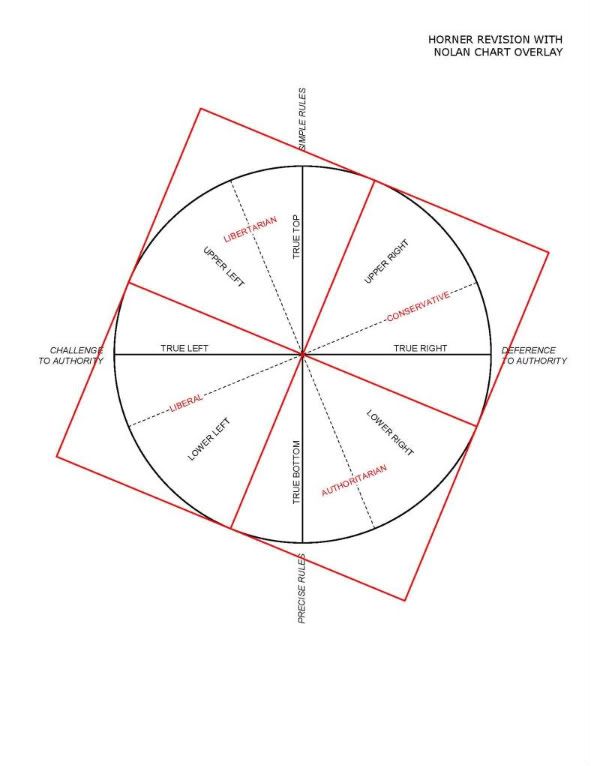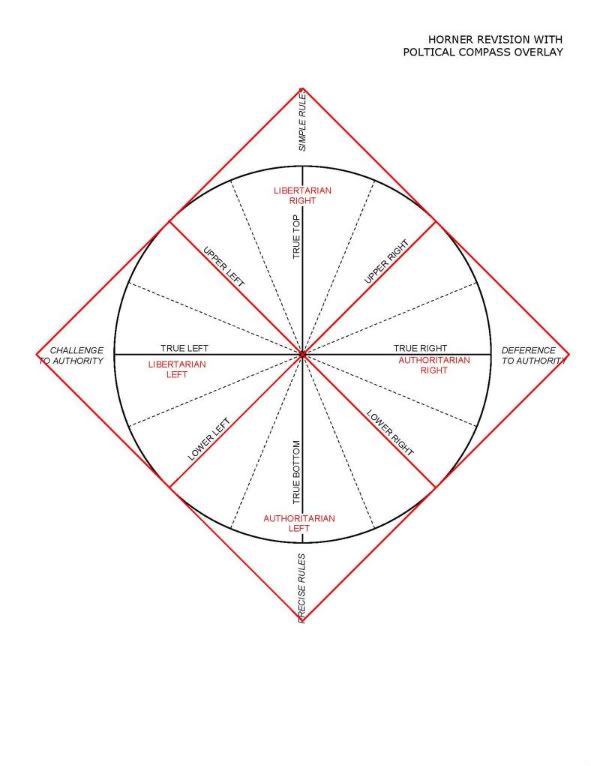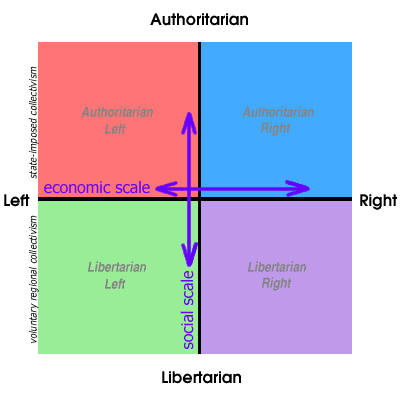When you have a lot of poorly written laws, one of two bad things can happens.
Either the laws get enforced as the (wo)men inforcing them see fit. There's a lot of whim and caprice and ego involved then.
Or the laws get enforced even-handedly but are oppressive. There's often a lot of ego in this, as well, as the enforcers get their jollies from throwing their weight around.
The alternative is to have a restricted set of laws. The downside is that those we hate and loathe get by with things that we hate and loathe. It's better to be capricious or totalitarian, many believe, than tolerate things we find intolerable.
Since we can never allow discretion--perhaps something the tolerant could never tolerate would happen and society wouldn't be perfectly regulated--we go for zero tolerance policies. Sure, it hurts the innocent, but nobody's ever really innocent.
When we see something happen that is too intolerant and unjust as the result of a law,
the impulse is to rewrite the law from 1 page to 300 pages to make sure that we've covered every possibility and contingency, while allowing no discretion to the enforcers. Of course, we're not omniscient, so we screw it up; people react in unpredictable ways, and we decry their unconscionable response to our wonderful plan to order and control a society and make it truly free, and so we need to write more laws to achieve our goals. Eh. Naturally governmental and regulatory oppression is the consequence of living in a free society. Freedom through tyranny. It's a common fallacy when you get things turned around. The question is in the definition of "freedom."




